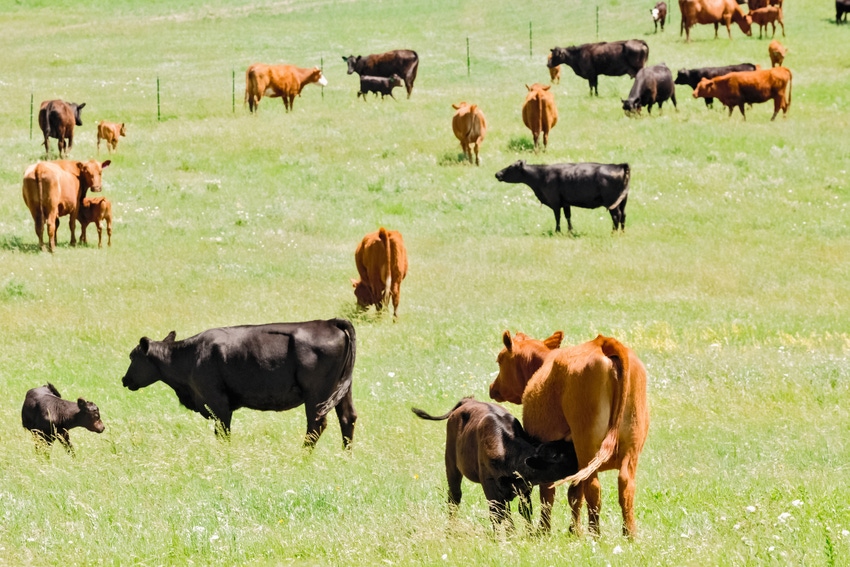Louisiana State's AgCenter researchers receive NIFA grant to improve embryo viability and assisted reproduction.
July 25, 2019

For nearly 70 years, cattle producers have been using artificial insemination to introduce the genetic advantage of top-ranked bulls into their breeding herds. More recently, many have added embryo transfer technology to enhance their herds by harvesting embryos from superior cows and using surrogate mothers to improve herd performance.
Zongliang “Carl” Jiang and Ken Bondioli, researchers in the Louisiana State University AgCenter School of Animal Sciences, have received a four-year, $500,000 grant from the U.S. Department of Agriculture's National Institute of Food & Agriculture to understand the molecular mechanisms that control embryo viability.
Embryos can be created outside the mother through in vitro fertilization (IVF). IVF is widely used in both agriculture and treating human infertility, Jiang said, noting that the efficiency of IVF remains low.
Fewer than 50% of IVF embryos survive during early development, and up to 40% of embryos that make it through that stage fail to implant and produce heathy offspring, Jiang said.
“Early embryonic loss has been identified as one of the main problems affecting fertility of agriculturally important animals — cattle, sheep and swine — with most of the losses occurring during the second and third week of development,” he said. “Our ultimate goal is to understand basic biology governing bovine early embryonic loss and, therefore, develop new approaches to improve fertility of animals.”
The information the researchers discover could be adapted to treat human infertility and improve assisted reproductive technologies, the university said.
Jiang and his colleagues have identified a DNA modification called N6-adenine methylation (N6mA) that is present in bovine embryos and may play a role in early embryo development.
Early embryonic development undergoes active alternations, and scientists believe DNA methylation regulates gene expression that controls embryonic development.
“N6mA may be a factor,” Jiang said.
Embryonic development is controlled by some genes that act as “erasers” or “writers” and react to DNA methylation, controlling embryo development, he explained. By identifying and managing these genes, Jiang said he hopes to improve the development of viable embryos.
By verifying that N6mA does what Jiang thinks it does, it could be used as a molecular marker to identify healthy embryos. This could be incorporated into embryo transfer technology used by cattle producers.
“If we know it is a healthy embryo, we can save money,” he said.
Current embryo technology includes treating superior cows with hormones to increase the number of embryos they produce in each cycle. With the use of surrogate mothers, producers can increase the number of offspring from genetically superior females and males, creating a group of genetically similar “brothers and sisters.”
Source: Louisiana State University AgCenter, which is solely responsible for the information provided and is wholly owned by the source. Informa Business Media and all its subsidiaries are not responsible for any of the content contained in this information asset.
You May Also Like

.png?width=300&auto=webp&quality=80&disable=upscale)

